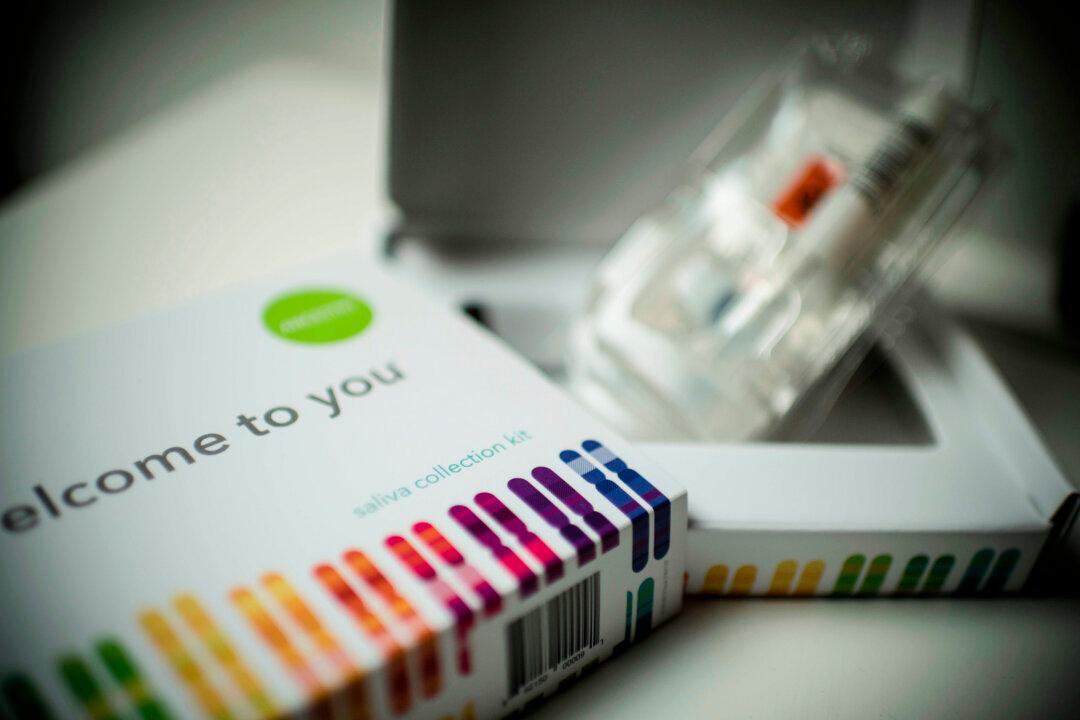The Federal Trade Commission (FTC) said it was worried about the safety of the personal data of Americans who were previously customers of genetic testing company 23andMe.
On March 23, 23andMe filed for Chapter 11 bankruptcy protection, seeking authorization to “sell substantially all of its assets.” The company said it was committed to “continuing to safeguard customer data” and that “data privacy will be an important consideration in any potential transaction.”





